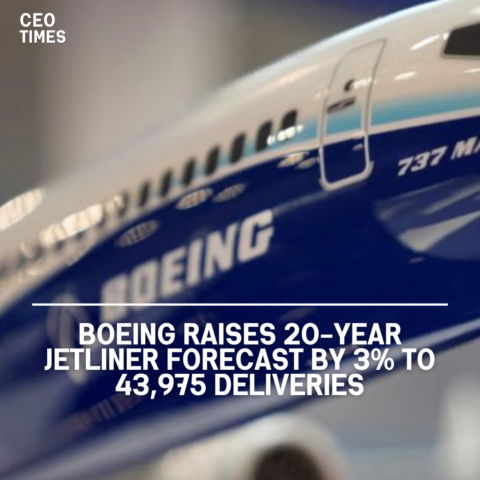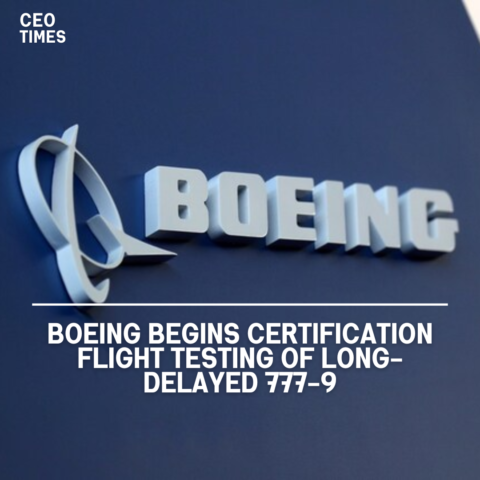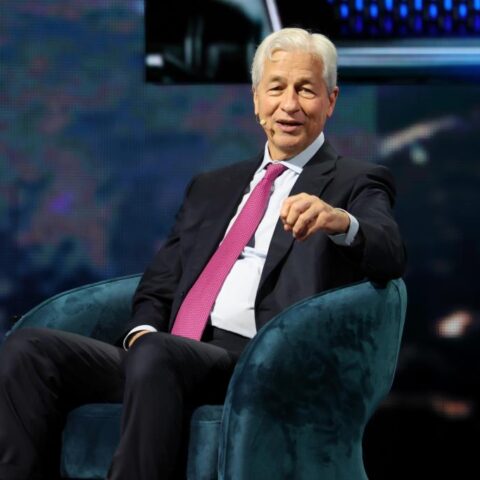A GE Aerospace executive, Russel Stokes, stated on Wednesday that global supply chains are expected to remain problematic even into the next year despite a production slowdown at Boeing.
Stokes, head of GE Aerospace’s commercial engines and services, mentioned that the company is currently aligned with Boeing’s production rates for this year but is actively working with suppliers to prepare for a ramp-up in the coming years.
“I’m confident that things will get better over time,” Stokes said. “But…it’s still a challenged environment for this year and probably next year.”
Impact on Engine Production and Airline Industry:
In partnership with France’s Safran through their CFM joint venture, GE Aerospace co-produces Boeing and Airbus narrowbody jets engines. It is specifically the sole supplier for Boeing’s 737 MAX family.
However, Boeing’s jet production has significantly slowed due to increased regulatory scrutiny following an incident in January when a door plug blew off an Alaska Airlines jetliner mid-air. This has led GE Aerospace to reduce its LEAP jet engine production estimates this year.
Supply Chain Bottlenecks:
The ongoing supply chain issues, largely attributed to the pandemic’s impact on air travel demand and subsequent industry layoffs, have left the global aviation industry struggling.
These problems have not only hampered efforts to increase jet production but also extended turnaround times at jet engine repair shops.
“Supply chain problems have left the global industry hamstrung,” said GE Aerospace CEO Larry Culp. “They have not only made it tougher to increase jet production but have also increased the turnaround time at jet engine repair shops.”
Efforts to Mitigate Challenges:
Despite these challenges, GE Aerospace is proactively addressing the supply chain bottlenecks. The company has deployed 500 engineers at supplier and sub-supplier sites and uses artificial intelligence to navigate these issues.
Additionally, GE Aerospace plans to use technology typically employed to identify forged artwork and detect chemical anomalies in metal parts. This initiative is part of the company’s broader effort to reduce overall turnaround times at its repair shops by 30% from a year ago.
Market Position and Future Outlook:
GE Aerospace, which became an independent company this year, holds a dominant position in the engine market for narrowbody jets and has a strong presence in widebody jets.
Over 70% of its commercial engine revenue comes from parts and services. Stokes emphasized the ongoing demand from airlines for more engines to support their fleets.




















